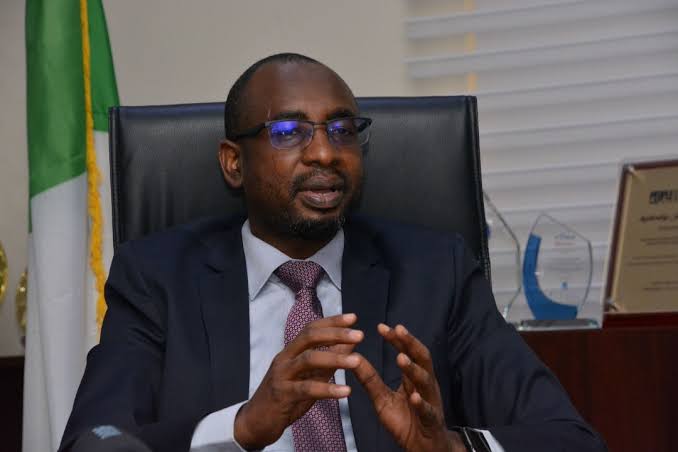Kashifu Inuwa, director-general of the National Information Technology Development Agency (NITDA), recently highlighted a critical need for Nigeria: a unified digital identity system. “From registering people at birth, giving them legal identity, and linking that information to national planning and budgeting, technology can help us stitch everything together,” he stated during a national meeting on Civil Registration and Vital Statistics (CRVS) reform. His comments underscore a pressing issue that affects governance, security, and development across the nation.
As Nigeria strives for digital transformation, the current fragmented state of its data infrastructure poses significant challenges. Issues such as ghost pensioners, unverifiable voters, and undetected jailbreaks demonstrate the severe consequences of lacking integrated identity and data systems. These gaps erode public trust and hinder effective governance.
A harmonized digital identity system is crucial for several reasons. Firstly, it could streamline registration processes, making it easier for citizens to obtain legal identities. Secondly, a secure database would enhance accountability and transparency in national planning and budgeting. By linking vital statistics to digital records, the government can better manage resources and deliver essential services.
Moreover, a unified system would help combat corruption and inefficiency. Accurate identity verification is key to preventing resource misallocation. For example, a robust system would help eliminate ghost pensioners and ensure that only eligible voters participate in elections. These improvements are vital for strengthening democracy and public service delivery.
As Nigeria continues its digital transformation journey, prioritizing digital identity reform is essential. A secure and accessible identity framework would empower citizens and improve governmental operations. This reform would not only enhance governance but also boost public trust in national systems.
In conclusion, the need for a harmonized digital identity system in Nigeria is urgent. It is a foundational element for effective governance, security, and sustainable development. By leveraging technology, Nigeria can create a more efficient, transparent, and secure environment for its citizens. The journey towards digital transformation is ongoing, and addressing this challenge is a crucial step forward.






